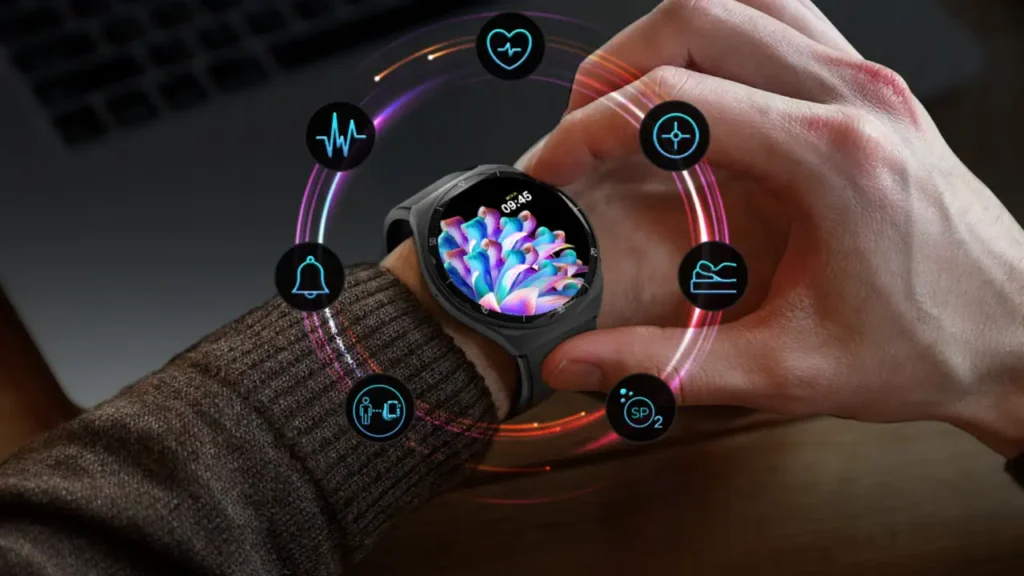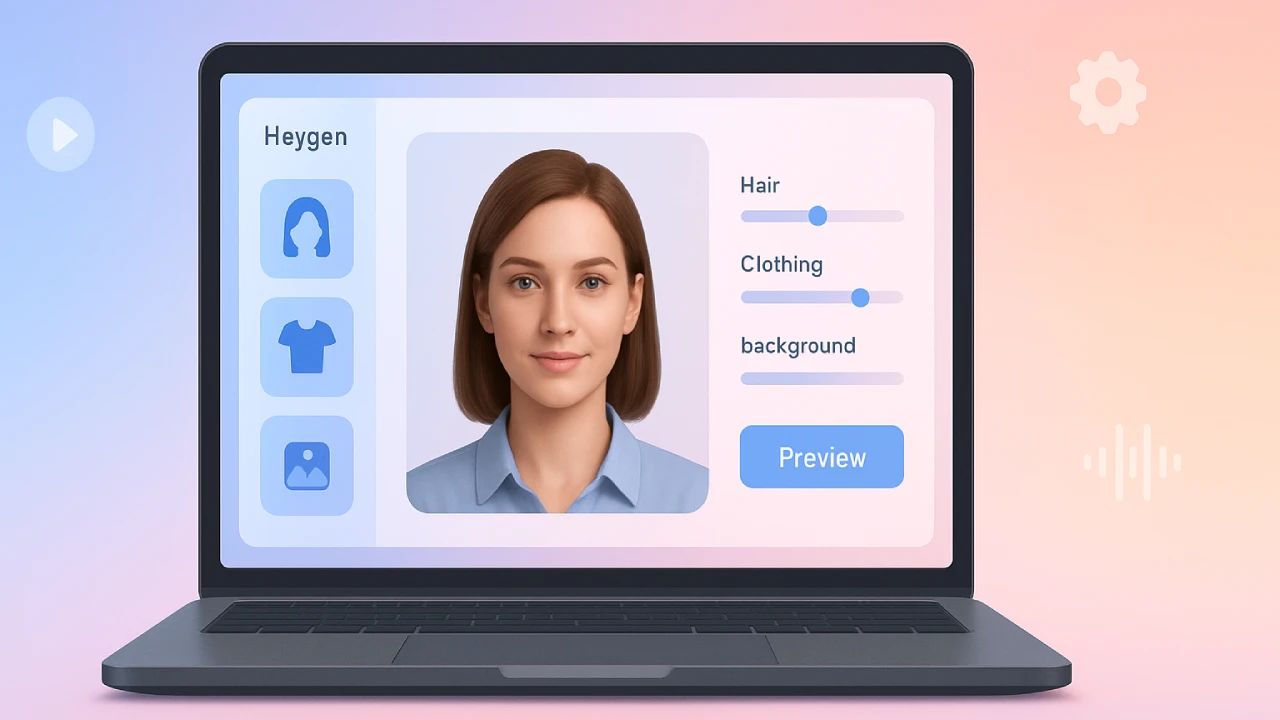Have you ever thought about how your smartwatch knows how many calories you’ve burned? No, it’s not magic. Behind the scenes, there are sensors, smart programs, and a lot of science. Your watch checks how much energy you’re using all the time, whether you’re walking your dog or running a race.

We’ll talk about how smartwatches figure out calories, why the numbers aren’t always correct, and how to use this function to stay on track with your fitness goals in this blog.
What Are Calories and Why They Matter
A calorie is just a measure of energy. You burn calories when you blink or when you run a 10K. When you eat, your body stores energy. You spend money when you move.
Do you eat too many calories and not move around enough? The extra fuel is stored as fat in your body. Not enough food? Your body starts to use up its stores. Smartwatch tracking can help you keep an eye on both sides of the issue and keep them in balance.
How Do Smartwatches Measure Calories?
Smartwatches use a mix of sensor data, user information, and mathematical models to guess how many calories you burn. How it works:
Heart rate sensors, motion data, and personal information like your age and weight help smartwatches figure out how many calories you burn while you’re moving and when you’re not. This information is turned into energy use by AI-based programs.
Core Sensors in Action
- Heart Rate Monitor — Higher heart rate usually means higher energy burn
- Accelerometers — Track movement like walking, running, or climbing stairs
- Extra Sensors — Skin temperature, oxygen levels (SpO2), and sometimes VO2max
Your Profile Matters
When setting up your watch, you enter:
- Age
- Weight
- Height
- Gender
- Activity level
This helps estimate your BMR (Basal Metabolic Rate), or how many calories your body burns just by being alive.
Smart Algorithms at Work
- Watch makers like Apple, Fitbit, and Samsung use AI and ML to personalize your calorie data
- Workouts are classified (e.g., yoga vs. running), and each type uses different formulas
- Some watches estimate VO2 max to fine-tune calorie estimates
Why Calorie Counts Vary Between Users
Several personal factors influence calorie readings:
- Age: Younger people usually burn more
- Gender :Males often burn more due to higher muscle mass
- Weight & Body Composition : More mass = more energy burned
- Type of Activity : Running burns more than walking, HIIT burns more than yoga
Even two people doing the same workout can burn very different amounts of energy.
How Accurate Are These Readings?
Let’s be honest: no smartwatch can give you exact calorie information.
Here’s why:
- They estimate calories based on movement and heart rate, not direct measurement
- Improper sensor calibration or loose wearing can reduce accuracy
- Some factors like muscle tone and hydration aren’t always captured
The good news is that the number is still very useful for keeping track of trends, comparing workouts, and staying inspired, even though it’s not perfect.
Real Benefits of Calorie Tracking on Smartwatches
- Real-time monitoring of calories burned during workouts
- Helps balance calorie intake vs. expenditure
- Encourages goal setting and progress tracking
- Integrates with other metrics like sleep and heart rate for better insights
- Offers nudges and reminders to stay active throughout the day
Smartwatches vs Other Wearables
| Device Type | Sensors Used | Best For |
|---|---|---|
| Smartwatches | Heart rate, motion, SpO₂, VO₂ max | Overall fitness tracking |
| Fitness Bands | Accelerometer, basic heart rate | Step tracking, casual use |
| GPS Watches | GPS, pace tracking, minimal biometrics | Runners and distance athletes |
Choosing the Right Smartwatch for Calorie Tracking
When buying a smartwatch, keep this checklist in mind:
- Sensors — Look for heart rate, SpO2, accelerometer, VO2 max if possible
- Battery Life — Pick one that lasts long enough for your usage
- Smart Features — Bonus points for sleep tracking, fitness coaching, or alerts
- Software Ecosystem — Compatibility with Apple Health, Google Fit, or Fitbit
Final Thoughts
Smartwatches are powerful tools for keeping tabs on your calorie burn, but they’re not calorie-counting robots. They work best when you feed them accurate data, wear them correctly, and view the numbers as helpful estimates, not absolutes.
Calorie data from your smartwatch isn’t perfect — but it’s perfect for progress.
Would you trust your smartwatch to guide your fitness journey? Let us know in the comments.







